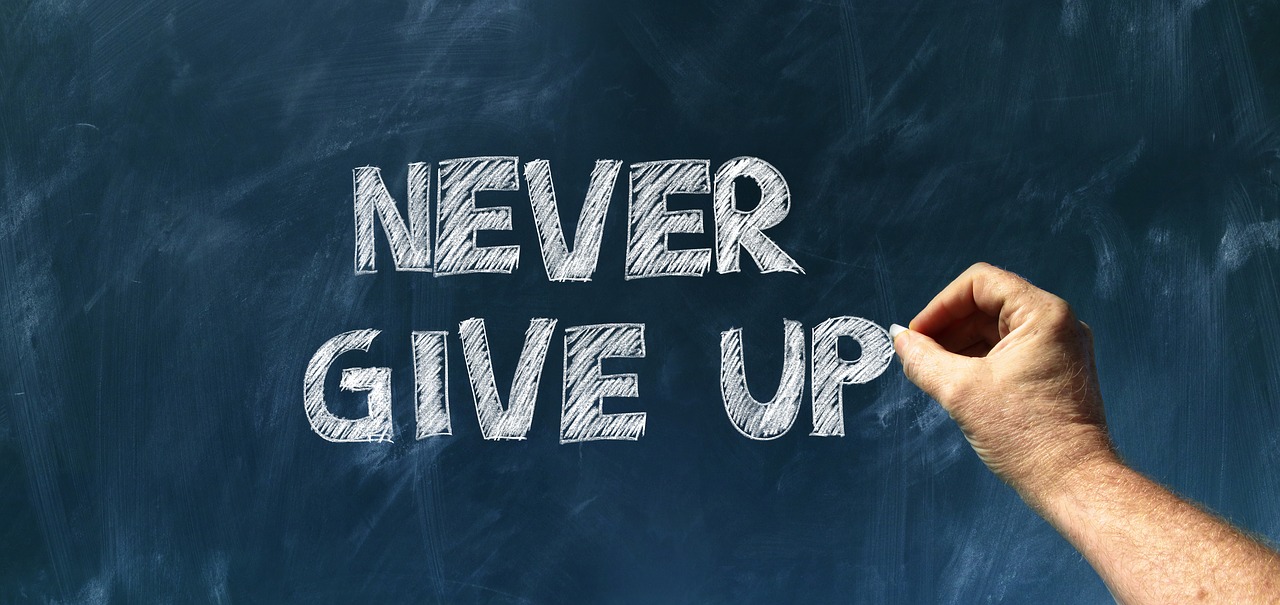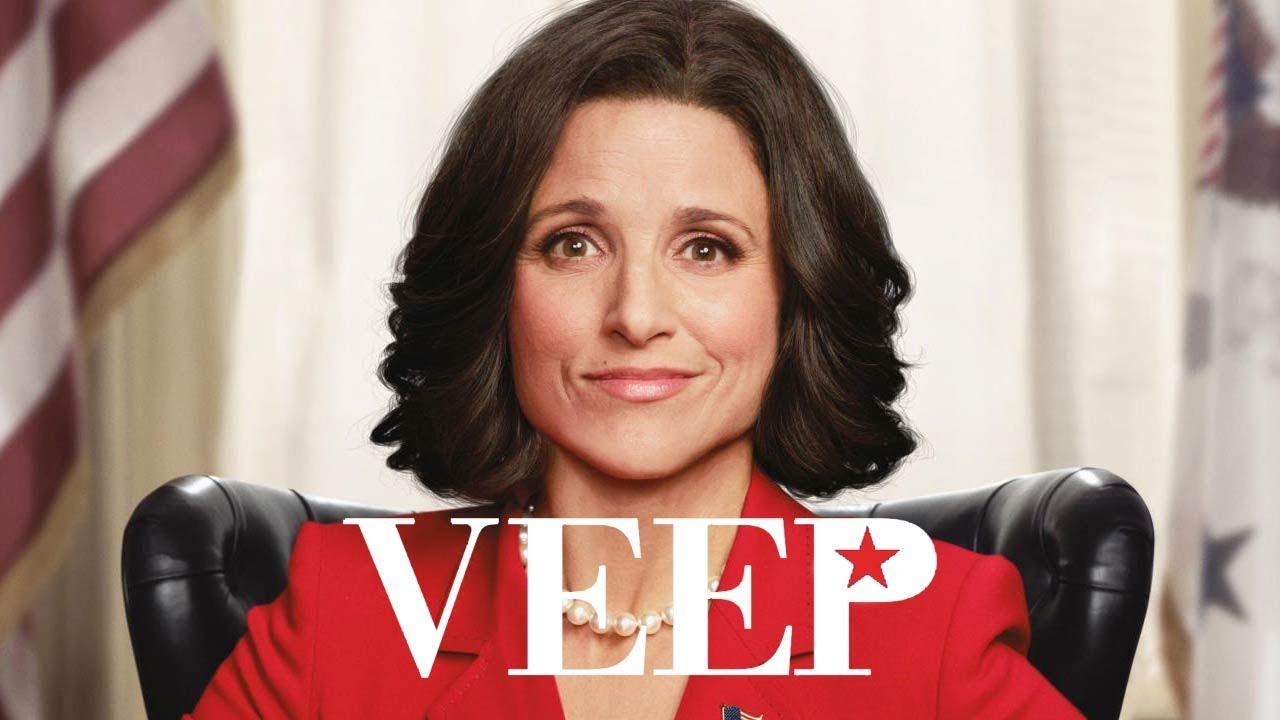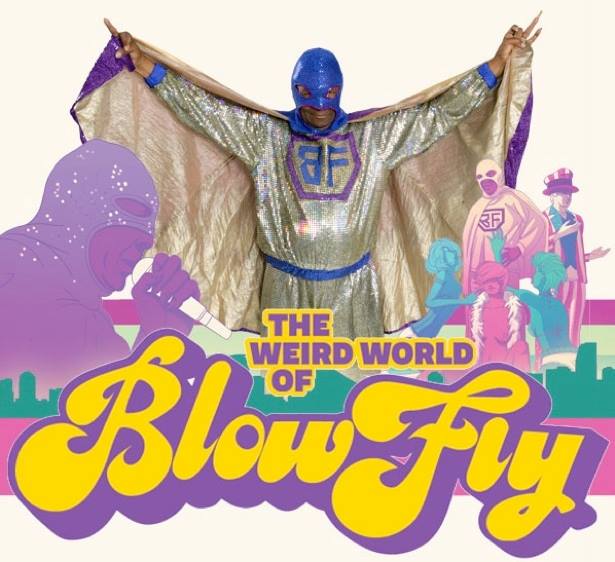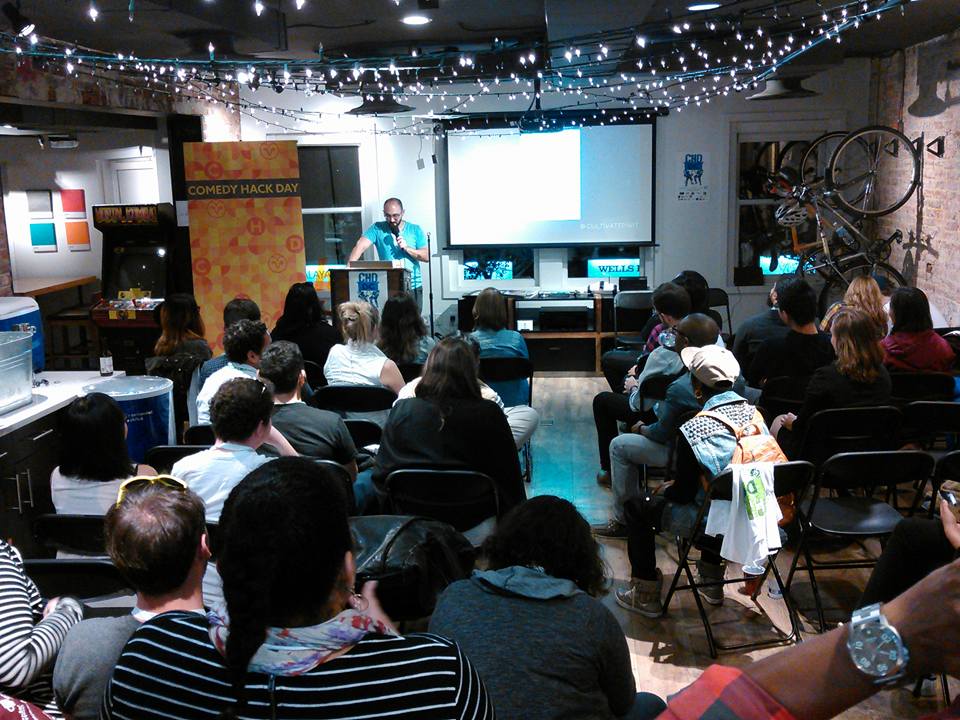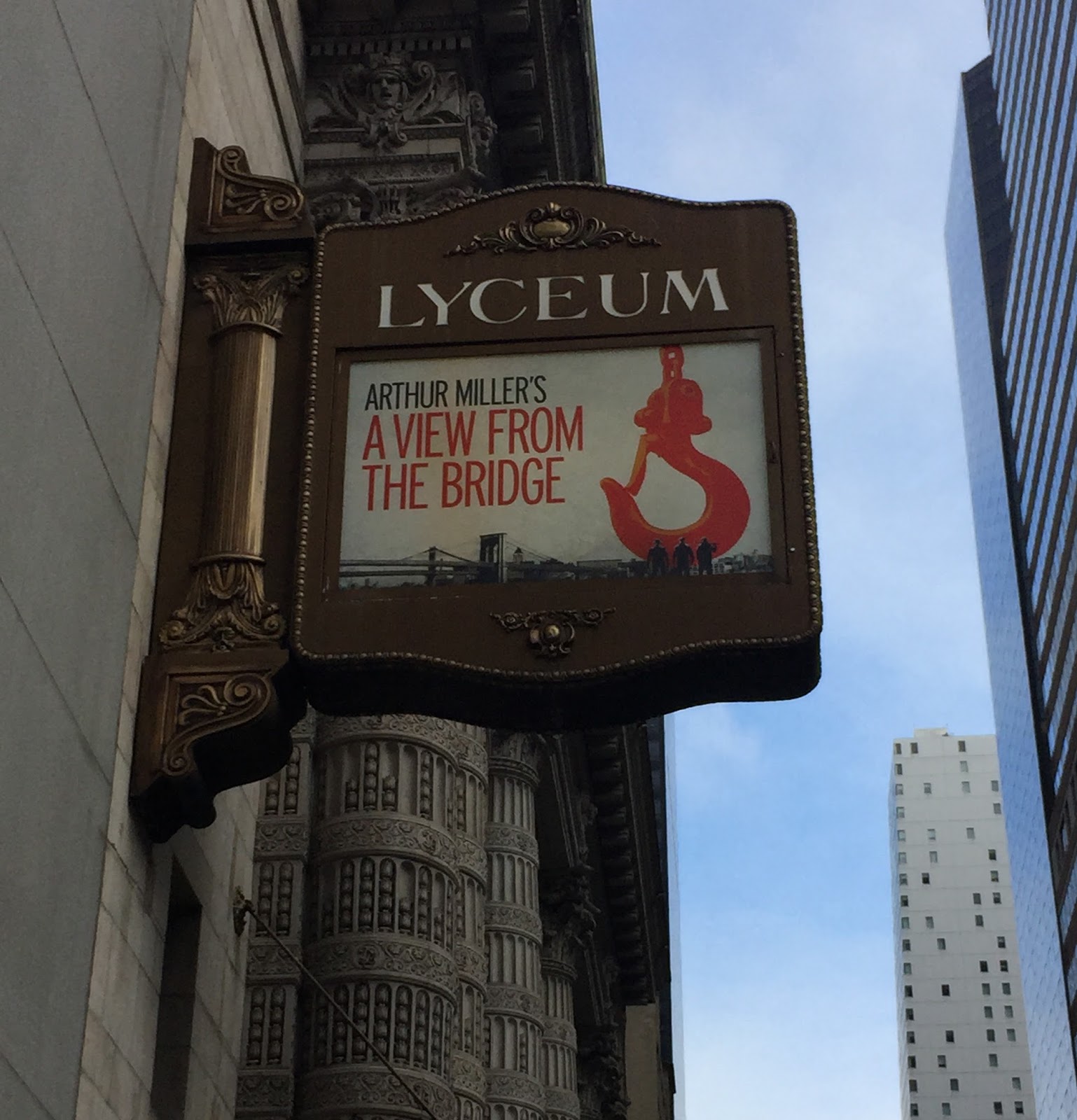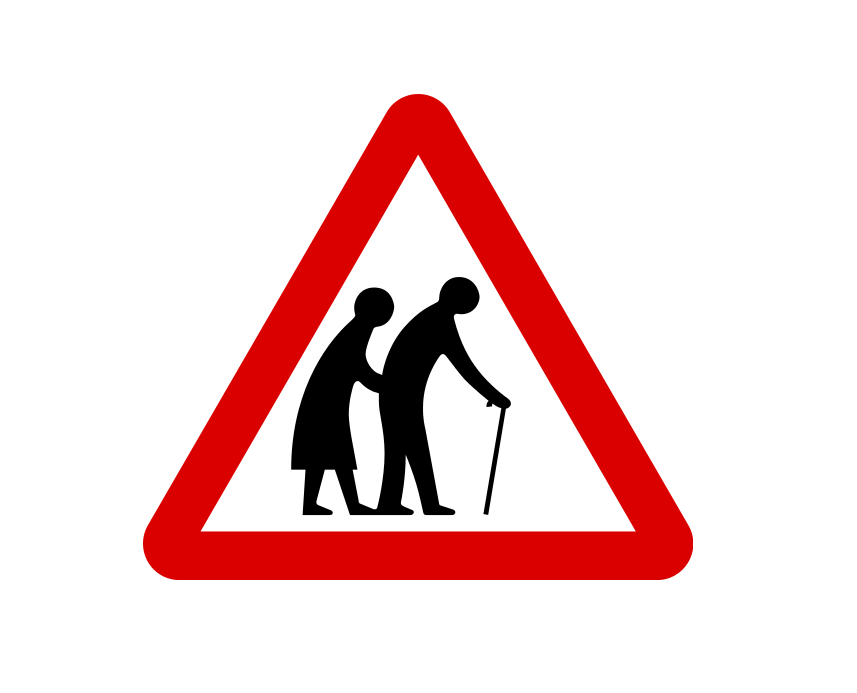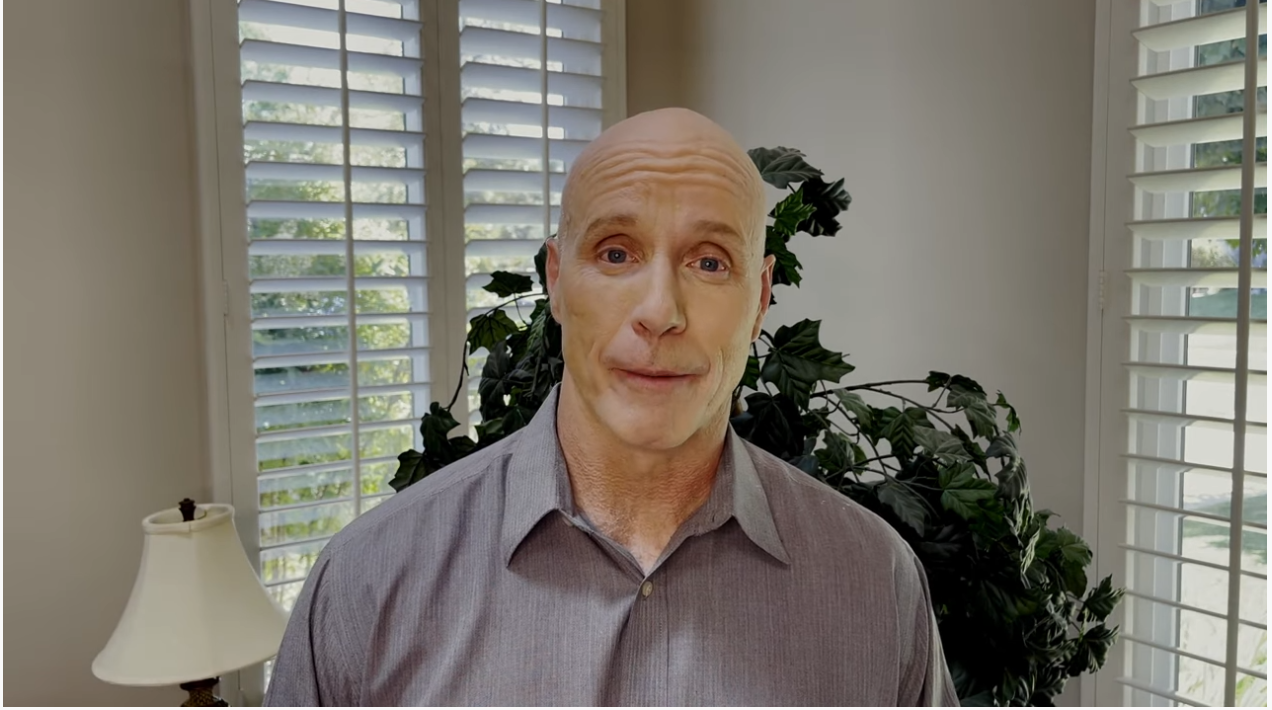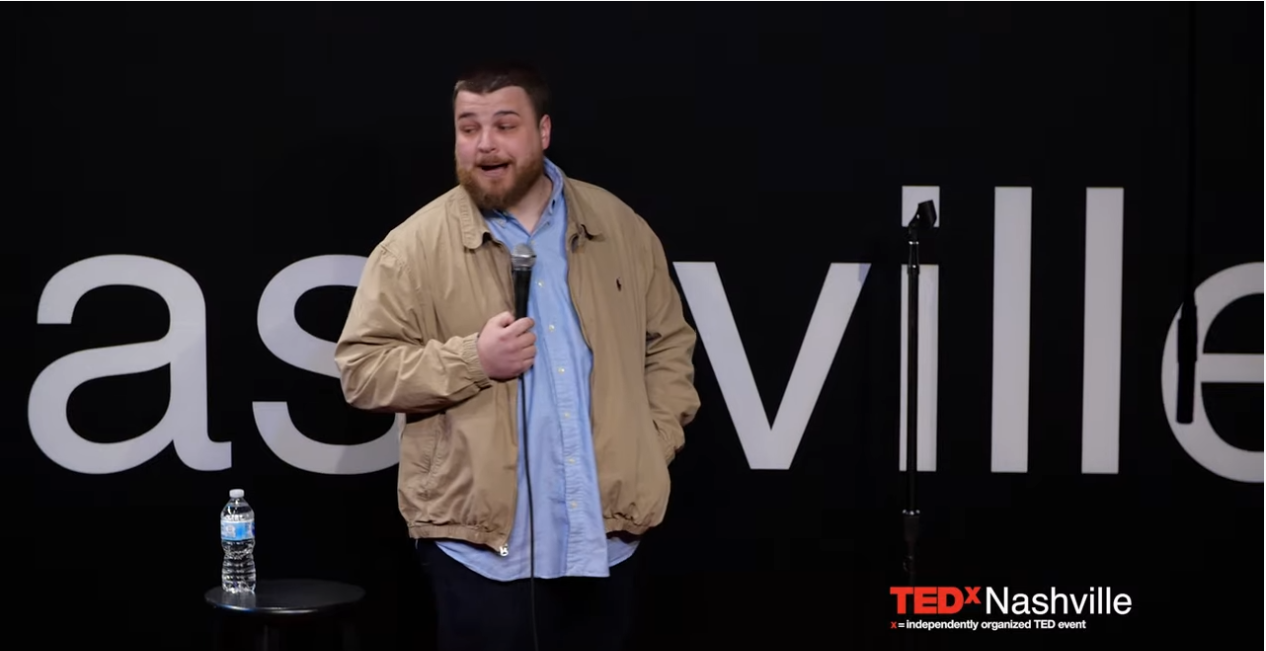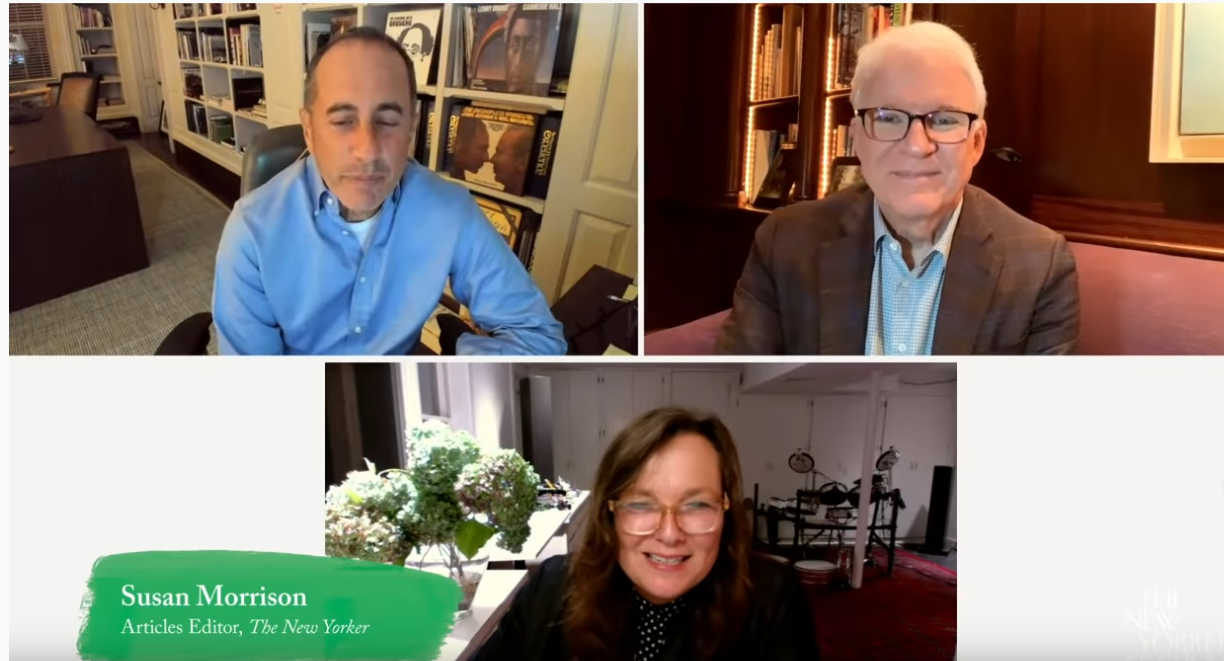 By Leighann Lord
By Leighann Lord
The proverbial red flag went up when the booker said, “Please don’t tell the other comics on the show what you’re making.” In that moment, I realized that I may have more in common with the government employees in Wisconsin who are fighting to retain their collective bargaining rights, in the face of budget cuts, than I’d previously realized.
Many performing artists enjoy union protection. Musicians have ASCAP. Film actors have SAG. TV actors have AFTRA. Comedians have nothing. There have been unionization efforts in the past (The Professional Comedians Association, The National Comedians Association, and more recently, The New York Comedians Coalition) but in the end they’ve been of little or lasting consequence. As professionals, we’re still largely on our own. Those with agents and managers are a bit more fortunate. It’s in their best interest to make sure their clients are properly compensated. Everybody wants 15 percent of more.
But usually, the booker gives you a number and if its not outrageously low — or suspiciously high — you take the gig. If you’ve done it before, then you know what it pays. Actually, you only know what you’ve been paid in the past. Without talking to other comedians, you have nothing to compare it with. If you’re dealing with a new venue or a new booker, you’re trusting them not to financially sodomize you.
I don’t wish to imply that all bookers are unsavory charlatans, but without knowing the budget for a show — which few comedians do, there’s no transparency in comedy — bookers are certainly in a prime position to take advantage, keeping the lion’s share of the budget for themselves, talent being none the wiser. Well, actually we are – or at least suspect we are – but there’s little we can do about it.
There’s no office in which to file a grievance. There’s no agency negotiating minimum pay. There’s no on-site union rep making sure the green room, if there is one, is clean and stocked with blue M&Ms. And even it was, I wouldn’t eat them.
All comedians have is each other. Scary thought that. We’re not exactly a “needs of the many” type of people, but silence is the enemy. If we don’t share information about what a gig pays we will continue to be at a disadvantage. Bookers know this, thus the behind the hand, whispered injunction not to share. It appeals to our ego. We assume we shouldn’t say anything because we’re making more than the next guy. Though possible, it’s more likely a quick comedy confab would reveal how much we all might not be making.
But I have a hard time talking about money. I was raised to think that money is private. In my family telling people what you make, or asking what they make is as rude as purposely walking in on them in the bathroom, mid squat, and striking up a conversation.
Fortunately, I’d done this particular gig before. I was actually being paid more that the last time, but I still knew it too be less than what other comics had recently earned. How do I know? They told me. The other comics were men, so I chalked it up to The Fallopian Tube Tax. Signed equal pay legislation be damned, lady comics occasionally can and do make less than their male counter parts. But who you gonna call?
What’s the alternative? You either take the gig or not. Sure you can haggle and harangue The booker into paying you more but it’s a short term gain. He’ll pay you what you want on this gig and then probably not use you again. You’ve won the battle, but lost the war. And as long as I’m tossing out worn but fitting cliches, no life’s not fair.
Why would anyone put up with such shady business practices? Every industry has its dark side, but it’s not all bad. There are some great bookers who are professional, ethical, honest and a joy to work with. I won’t embarrass them here, but I am proud to know all three of them.
A comedian’s union, empowered to collectively bargain, might help but it’s unlikely we’ll ever have one. That’s why I wistfully watch Wisconsin. The Governor needs to close the budget gap, but stripping employees of the right to collectively bargain doesn’t seem the fair way to do it. Businesses band together all the time in associations, alliances, collectives, committees, consortia, and leagues to further their own aims. Why shouldn’t workers have the same right?
However, with no CBA on the horizon for comedians, the best recourse for some of us is fame. We all (and by “we” I mean “me”) have a List. A la Madame Defarge from Charles Dickens’ Tale of Two Cities, we keep a running tally of folks who cheated, shorted, double dipped, double booked, baited and switched, check bounced, or just flat out colluded to keep more of the budget for themselves than they were honestly due. If you’re lucky, it’s a very short list. The idea is that when you “make it” you either never work for these people again, or you do and make it very, very expensive. Why? Because payback’s a very funny bitch.
Happy Women’s History Month.
© 2011 Leighann Lord
A very funny lady on the stage and on the page, stand-up comedian Leighann Lord pens a weekly humor column with topics ranging from the personal to the political, from the silly to the sophisticated. Reminiscent of a modern day Erma Bombeck (famed nationally syndicated humor columnist), a fan dubbed Leighann, “The Urban Erma” and the name stuck. It’s a fun, fast read that leaves you laughing, or at least wondering why we don’t have a comprehensive mental health care plan. Follow Leighann on Twitter and be a fan on Facebook.


